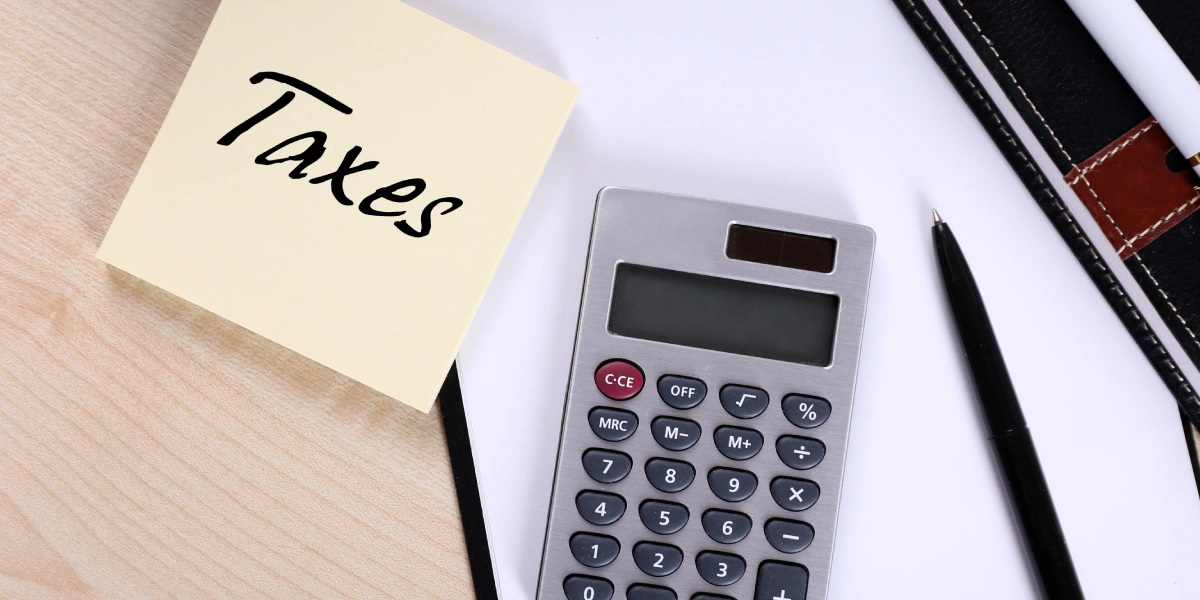The recent ruling in Cox v HMRC from the Upper Tribunal (UT) provides important clarification on how UK taxpayers can effectively request the suspension of penalties for careless inaccuracies. In this case, taxpayers Philip and Debra Cox faced over £32,000 in penalties due to errors in their tax returns related to Business Asset Disposal Relief (BADR) claims. UT’s ruling emphasizes the importance of framing HMRC penalty suspension requests carefully and tailoring them to address future risks rather than relying on generic statements.
Cox v HMRC Case Background
Philip and Debra Cox made errors in their 2019/20 tax returns by claiming BADR for the disposal of shares in their company, which was not valid due to their failure to meet the 5% shareholding requirement. As a result, HMRC imposed penalties for careless inaccuracies. These penalties, amounting to over £32,000, were based on the fact that the Coxes incorrectly claimed BADR, for which they were ineligible.
After receiving HMRC’s decision, the Coxes requested that the penalties be suspended, proposing conditions like seeking professional advice for future claims and holding pre-submission meetings with their accountant. However, HMRC rejected their request, arguing that these conditions did not sufficiently address the risk of future inaccuracies.
Key Findings of Tribunal
The First-tier Tribunal (FTT) initially ruled that the inaccuracy was “careless” and that HMRC’s refusal to suspend the penalties was justified. The FTT stated that the proposed conditions were too generic and essentially restated basic taxpayer duties. The UT found that the FTT had made some errors in its interpretation of the law, but those errors were not significant enough to change the outcome.
The UT clarified that it was not necessary for the future inaccuracy to be of the same nature as the original error. Instead, HMRC should focus on the taxpayer’s behaviour and conditions, which could effectively address the root cause of the inaccuracy. In this case, the UT concluded that the conditions proposed by the Coxes, although related to future compliance, were not specific enough to reduce the risk of further inaccuracies.
What HMRC Considers When Reviewing Suspension Requests
If specific conditions are met, HMRC has the discretion to suspend penalties. However, the criteria for suspension are difficult to meet, especially in cases where taxpayers have a strong compliance history. The Coxes’ request was turned down in this case because their previous good compliance record showed that there was no need for immediate corrective action.
When considering suspension requests, HMRC will assess whether the conditions proposed will meaningfully reduce the risk of future penalties.
For example, simply agreeing to take professional advice in the future or promising to meet with an accountant for review meetings is unlikely to be sufficient unless the conditions directly address the underlying issues that caused the original error.
Implications of the Ruling for Taxpayers
This case illustrates the value of framing suspension conditions clearly and specifically. The UT ruling highlights that taxpayers should focus on demonstrating how their behaviours will change to prevent future inaccuracies. Conditions should not only meet the reasonable standards of a “prudent taxpayer” but also show a commitment to reducing the risk of future errors.
Taxpayers must propose actionable, measurable conditions that will reduce the likelihood of further mistakes. For instance, a taxpayer might propose implementing new internal controls, committing to a more thorough review process, or undergoing targeted training in areas where errors have occurred in the past.
Expert Commentary on HMRC Penalty Suspension Requests
The ruling also sheds light on the fact that taxpayers with a prior record of excellent compliance might face a higher threshold for penalty suspension. This may seem counterintuitive, but it is based on the statutory condition that there must be something in the taxpayer’s behaviour or practice that needs to be corrected in order for the suspension to be appropriate.
Apex Accountants believes that this decision serves as an important reminder of the complexities involved in seeking and framing penalty suspensions. For taxpayers, it is crucial to understand that HMRC requires more than just exemplary intentions or a clean compliance record—it requires clear, targeted actions that address any gaps or weaknesses in compliance practices.
We advise taxpayers to consider the following when requesting suspension:
- Frame conditions that address root causes: Focus on what went wrong and propose changes to processes or practices to ensure future compliance.
- Be specific and measurable: Propose clear actions that can be tracked and assessed. This could include implementing new compliance checks, seeking ongoing professional advice, or setting up regular reviews.
- Use the SMART criteria: Ensure that any proposed actions are Specific, Measurable, Achievable, Relevant, and Time-bound.
While the UT’s decision upheld HMRC’s refusal to suspend the penalties in this case, it is essential to note that taxpayers should always seek professional advice when dealing with penalty suspension requests. With the right approach, it may be possible to persuade HMRC to reconsider or even reverse its decision.
What This Means for Taxpayers Moving Forward
Taxpayers who are facing similar issues should take care to propose conditions that are more than just generic commitments. They must show a clear path towards behavioural change that will prevent future penalties. Additionally, it is key to understand the specific requirements under the Finance Act 2007, Schedule 24, and to work with professionals to draft tailored conditions.
The Cox v HMRC case also clarifies that while taxpayers do not need to link past errors to future ones, the focus should be on preventing further mistakes and demonstrating a commitment to compliance.
If you are dealing with a penalty suspension request or need advice on improving your tax compliance, book a consultation with Apex Accountants today. We can guide you through the process and help you reduce the risk of future penalties.
For more information, contact us at [email protected] or call 0203 883 4777.










